Information/Write-up
Kittens emerged from Winnipeg’s fractured, snow-chilled underground in the early 1990s and quickly became one of the most feared, beloved, and unmistakable noise rock bands in Canada. Their music was an abrasive cocktail of detuned guitars, gut-level bass, and hammering drums, topped with the unhinged vocal presence of frontman Shawn Fedorchuk. What separated them from the crowded noise rock landscape was the combination of raw heaviness, surreal humour, and an instinctive sense of performance art. Kittens were loud, weird, confrontational, and completely unmistakable.
The band formed around the core trio of Shawn Fedorchuk (vocals, guitar), Jahmeel Russell (bass), and David Kelly (drums). Winnipeg was an unlikely incubator for a group that would eventually earn a national cult following, but the city’s isolated, resourceful music scene produced a surprising number of fearless experimental bands throughout the 90s. Kittens belonged to that lineage. They toured relentlessly, played with an almost reckless physicality, and forged close ties to the growing Canadian noise and hardcore networks.
Their early cassettes and 7-inches earned attention for their crushing low-end and chaotic approach, but it was their association with Hamilton’s Sonic Unyon label that brought them wider exposure. Sonic Unyon became a crucial hub for heavy music in Canada and helped circulate Kittens’ releases far beyond their hometown. Between 1992 and 1998 the band released a steady torrent of EPs, singles, and full-lengths including Like a Plough, Calico, Doberman, Tiger Comet, and the fan-favourite collection Low-Fi Classics and Other Rarities.
Kittens’ sound was often described as a hybrid of sludge metal, hardcore punk, and noise rock, but none of those labels ever captured the full picture. Their riffs lurked somewhere between a bulldozer and a migraine. Russell’s bass tone was corrosive enough to warp sheet metal. Kelly’s drumming was a physical act bordering on demolition. And Fedorchuk’s vocals — shrieks, growls, and abstract monologues that sounded halfway between a wounded coyote and a prairie preacher — became the band’s signature. Critics often attempted to decipher the lyrics. Many eventually gave up. Kittens were not about clarity. They were about catharsis.
For all their severity, the band cultivated an off-kilter sense of humour that ran through their artwork, song titles, and stage personas. Fedorchuk’s occasional adoption of the cowboy-hatted character “Pony” added a bizarre theatrical streak to their shows. Beneath the distortion and volume there was always a wink, a smirk, or a sideways jab at the seriousness of heavy music culture. The band name itself was a joke, but also a declaration that nothing about Kittens fit into neat categories.
Their split releases with Shallow North Dakota became underground classics. The two bands shared a similar aesthetic and often crossed paths on the road. The Rhinoceros Love EP in particular introduced Kittens to a broader audience of MuchMusic’s Loud faithful, punk zine readers, and heavy-music obsessives who gravitated to anything extreme and original.
Tragedy struck when drummer David Kelly passed away in 2008. Although the band had already slowed following the late 1990s, Kelly’s death definitively closed the chapter on Kittens as a functioning unit. His explosive, unpredictable drumming was fundamental to their identity, and without him the group never attempted a full reunion.
After the band dissolved, the members continued to explore new creative paths.
Jahmeel Russell joined the Winnipeg post-hardcore band Projektor, later relocating to the United States and continuing to release experimental work under various aliases.
Shawn Fedorchuk shifted into visual media, film, and experimental video, maintaining an active presence on Vimeo and other platforms.
Their Myspace archives survive as a small digital time capsule, offering glimpses into the band’s last active years and related side projects.
Kittens remain one of the most distinctive noise rock acts to emerge from Canada in the 1990s. Fiercely independent, deeply imaginative, and completely unwilling to play by the rules, they left behind a compact but explosive discography that continues to be rediscovered by fans of heavy, ugly, beautiful, chaotic sound.
-Robert Williston
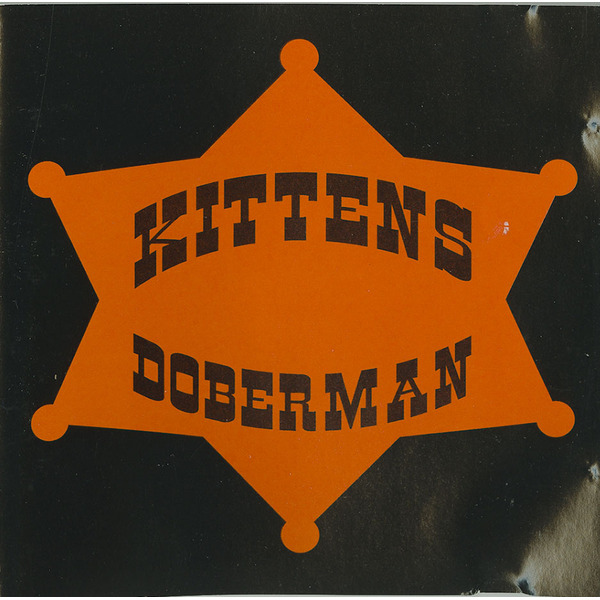
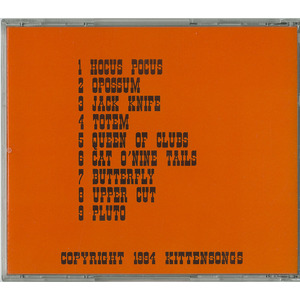
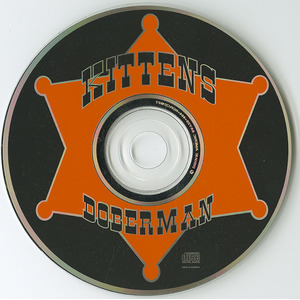
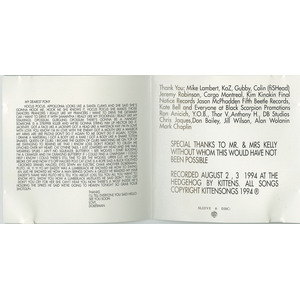
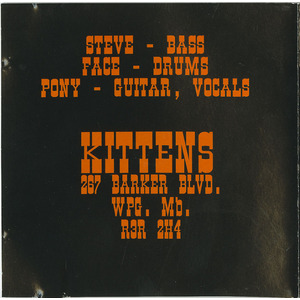
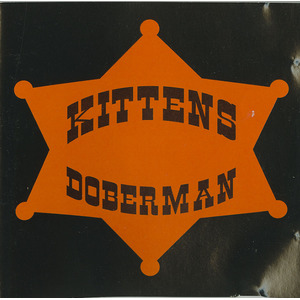
No Comments